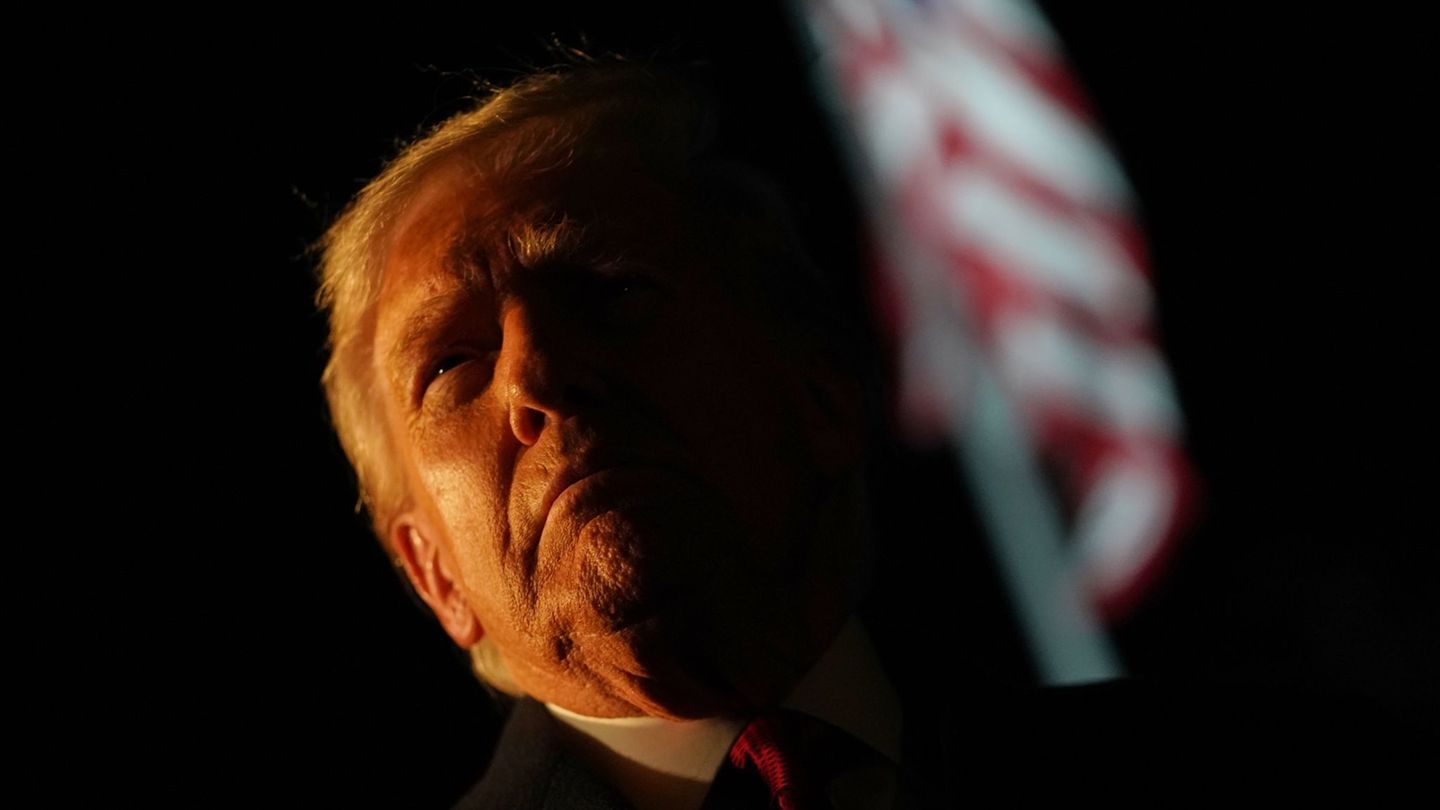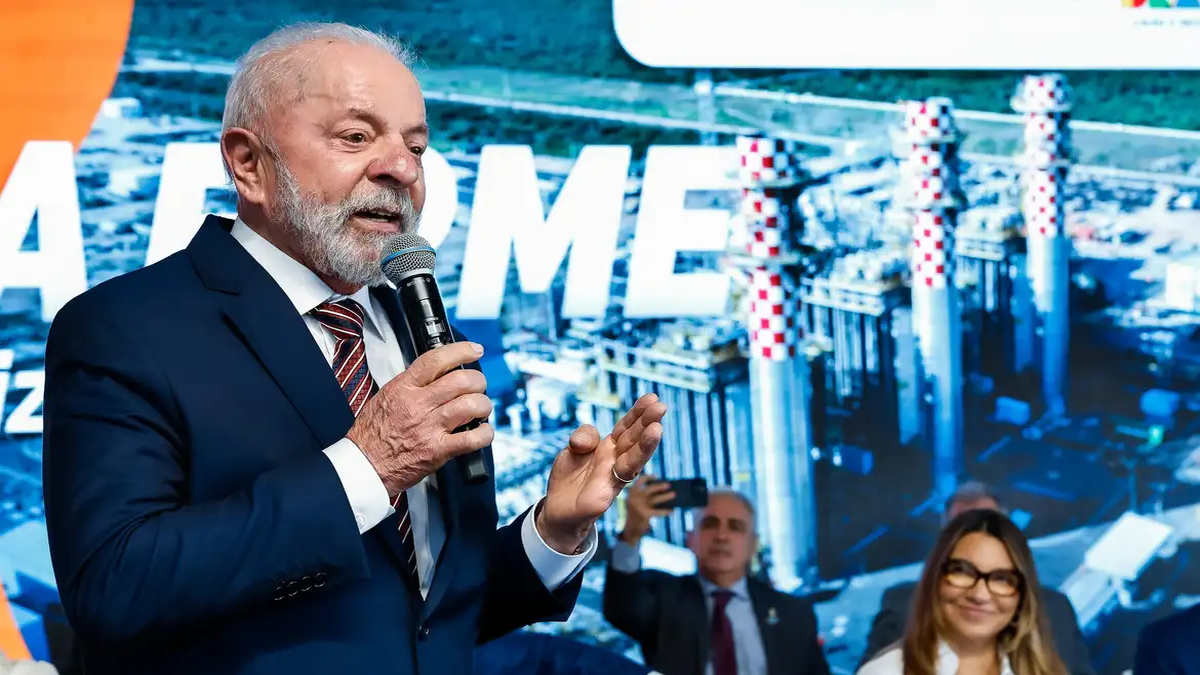I have been working in the news industry for over 6 years, first as a reporter and now as an editor. I have covered politics extensively, and my work has appeared in major newspapers and online news outlets around the world. In addition to my writing, I also contribute regularly to 24 Hours World.
Menu
Economic policy: Söder: traffic lights without a plan for the economy
Categories
Most Read
Presidential election: Leftist Catherine Connolly elected President of Ireland
October 25, 2025
No Comments
Black-red: Söder: Coalition must not get stuck in party thinking
October 25, 2025
No Comments
Gaza war: Trump puts pressure on Hamas to hand over dead hostages quickly
October 25, 2025
No Comments
Ukraine War: Trump: Don’t meet Putin until deal is secure
October 25, 2025
No Comments
Gaza Strip: Israel carries out air strikes despite ceasefire
October 25, 2025
No Comments
Latest Posts

Asean and APEC summit: Trump on a trip to Asia: Xi, deals and peace agreements
October 26, 2025
No Comments
IvanI have been working in the news industry for over 6 years, first as a reporter and now as an editor. I have covered politics

Lula da Silva consolidates himself as the most popular president in South America, according to a regional survey
October 26, 2025
No Comments
The president of Brazil, Luiz Inácio Lula da Silvacrosses his popularity peak since he began his third term, with an approval of the 51% which

Nicolás Maduro asked to remove the nationality of the opponent Leopoldo López for promoting a foreign invasion
October 25, 2025
No Comments
October 25, 2025 – 20:31 The Venezuelan president toughened his offensive against the opposition and targeted López directly, whom he blames for promoting sanctions and
24 Hours Worlds is a comprehensive source of instant world current affairs, offering up-to-the-minute coverage of breaking news and events from around the globe. With a team of experienced journalists and experts on hand 24/7.

